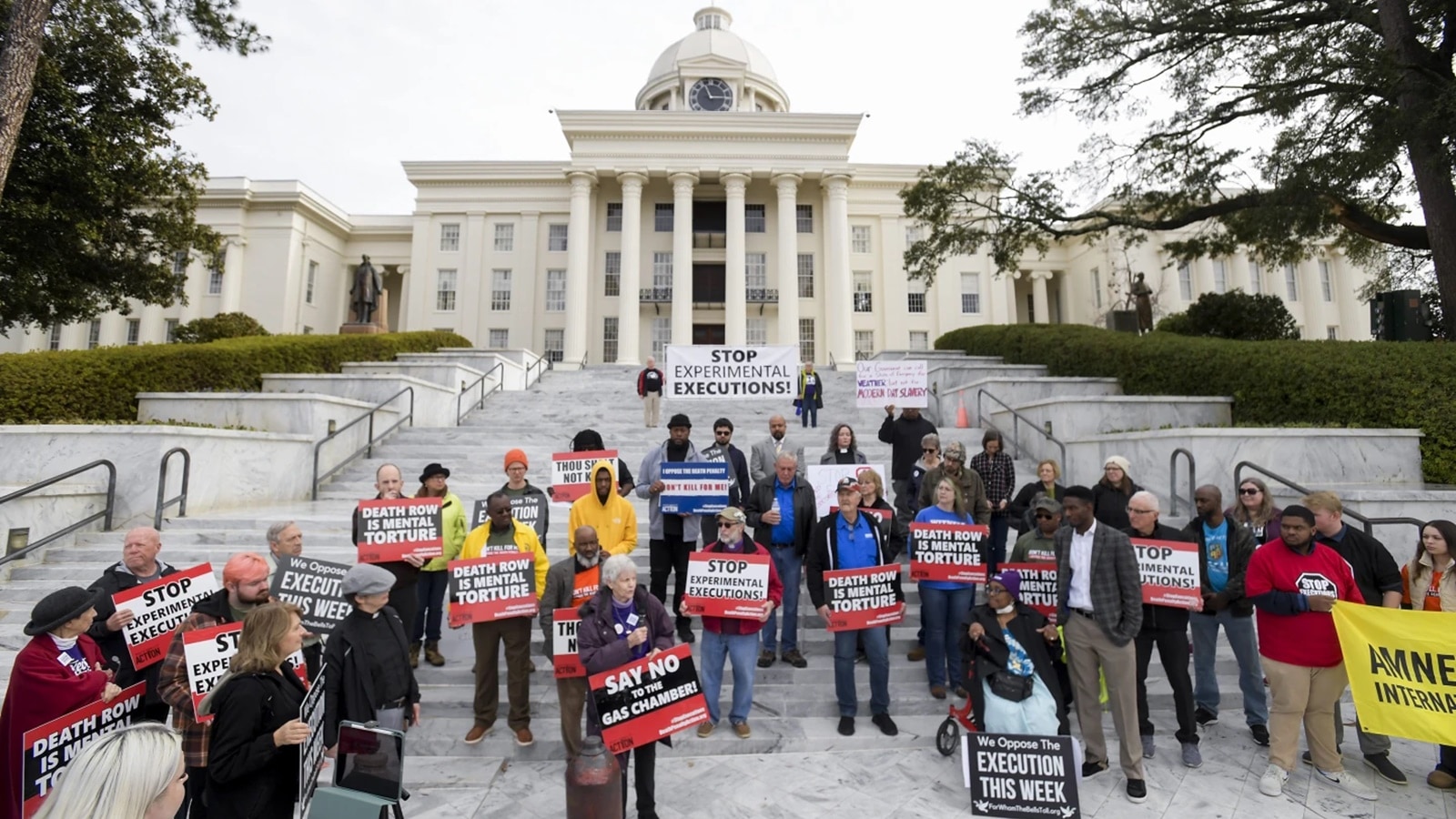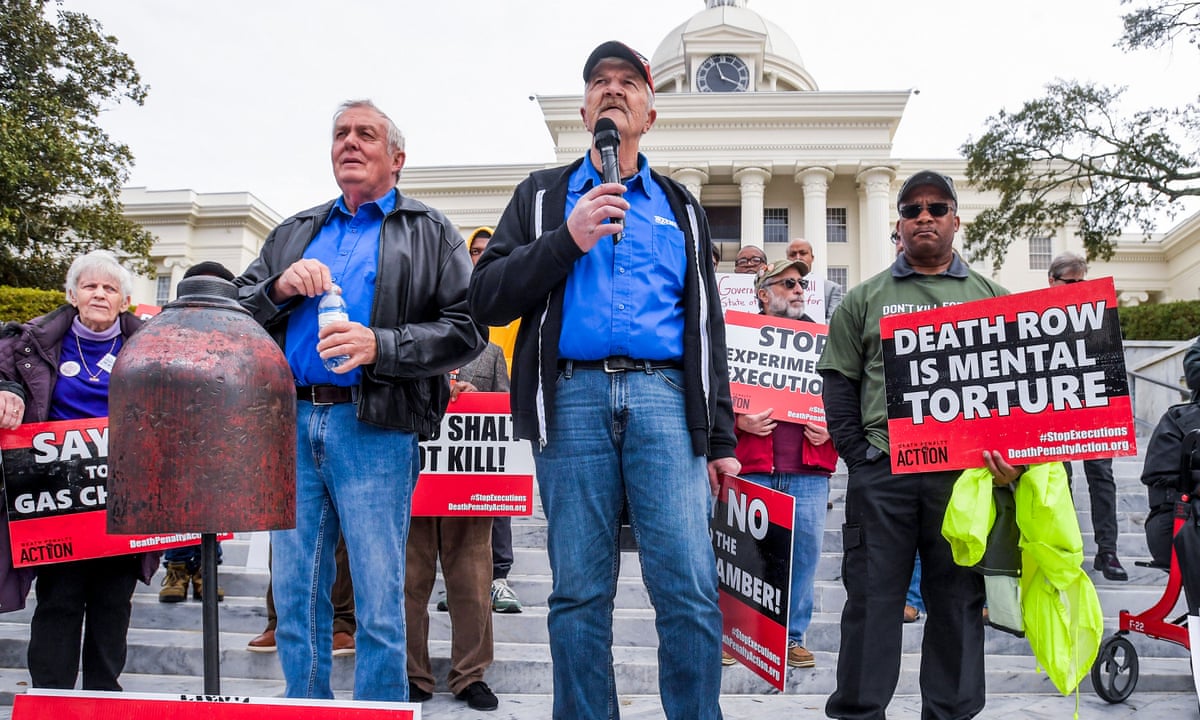In a long-awaited conclusion to a decades-old case, 58-year-old Kenneth Smith was executed at Holman Prison in Atmore, Alabama. Convicted in 1988 for the murder-for-hire of a pastor’s wife, Smith spent over 35 years on death row. The execution, carried out using nitrogen hypoxia, has stirred controversy and reignited debates on the ethical implications of capital punishment.
Novel Method Sparks International Concern
The use of nitrogen hypoxia, a method involving the introduction of nitrogen gas to induce suffocation, drew widespread condemnation. Witnesses reported Smith’s distress during the execution, describing moments of writhing and thrashing. The United Nations’ human rights chief, Volker Turk, expressed deep regret, questioning the untested method’s potential to amount to torture or cruel, inhuman, or degrading treatment. Critics, including the Death Penalty Information Center, labeled it as an “untested, unproven method of execution.”

Alabama’s Defiance and Global Reactions
Alabama, along with Oklahoma and Mississippi, had approved nitrogen hypoxia as a legal method of execution. The European Union, vehemently opposing the death penalty, voiced deep regret over the execution, and a spokesperson called the method “particularly cruel and unusual punishment.” The state of Alabama defended its choice, proclaiming it as “perhaps the most humane method of execution ever devised.”
Smith’s journey to the execution chamber was marked by a botched attempt in November 2022, emphasizing the complications surrounding his case. His final words, reflecting on the state’s actions, conveyed a sentiment of humanity taking a step backward. The European Union’s condemnation and the UN’s call for a moratorium on the death penalty further fueled the global discourse on the ethics of capital punishment.

As the controversy surrounding Smith’s execution lingers, it serves as a poignant reminder of the complexities surrounding the death penalty, with advocates and opponents fiercely debating its place in modern society. The US Supreme Court’s rejection of Smith’s appeal and the declining public support for the death penalty underscore the evolving perspectives on this contentious issue.